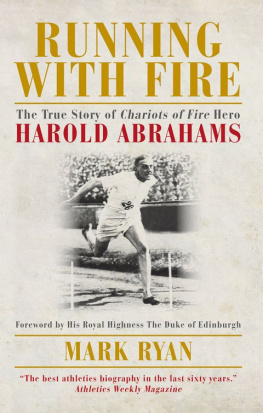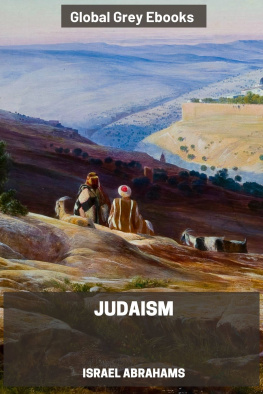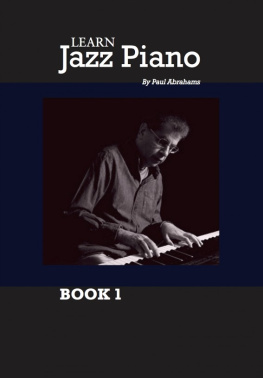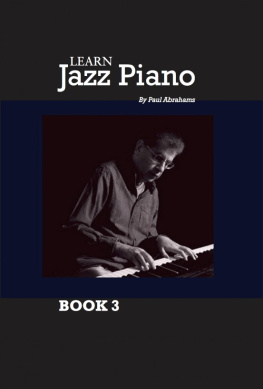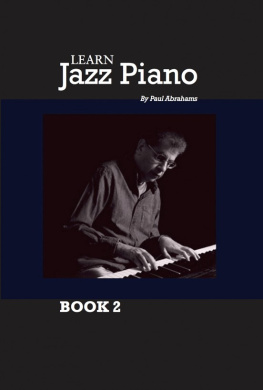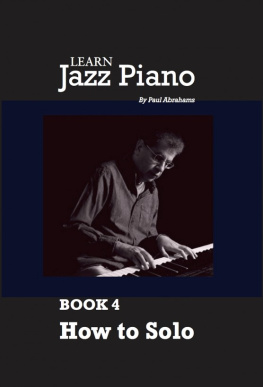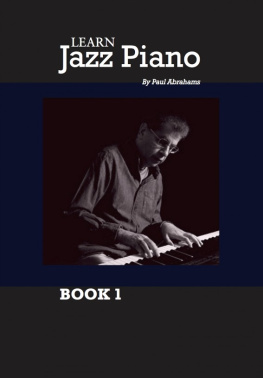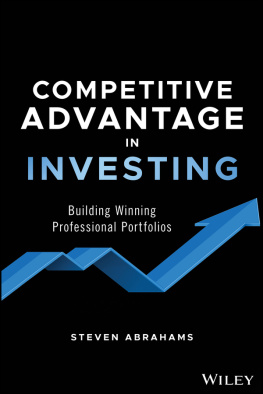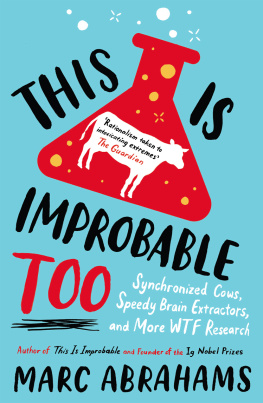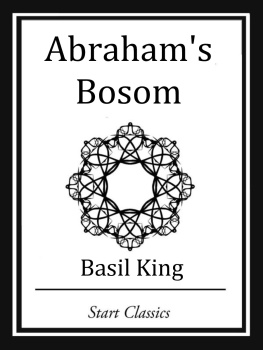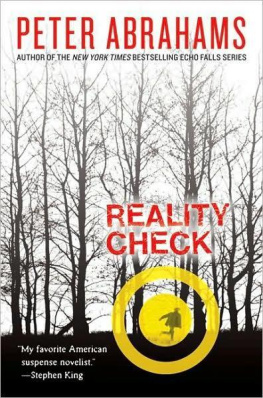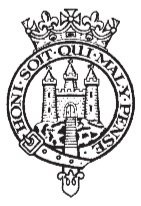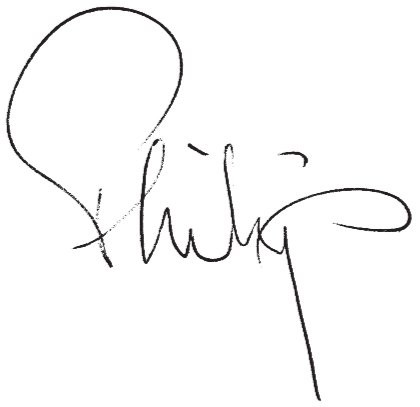To my son Luca, source of such joy. And to the children and staff at Kimbolton St James C.E. Primary School in Herefordshire, who also provided great inspiration during the writing of this book.
S eptember 12, 2009, Hotel Capsis Thessaloniki, Greece Usain Bolt, fastest man in the world, strolls out of the first-floor restaurant holding some golden track shoes. Theyre a far cry from the springy old pair of spikes preferred by the hero of this book. But Bolt is the latest golden boy, he has the shoes to match, and they glitter in the sunlight streaming through the hotel windows.
Now is themoment. I approach the greatman and explain that Imwriting the biography of Harold Abrahams, the sprinter from Chariots of Fire.
Usain looks blank.
Some people call him the father of modern sprinting, I explain.
Bolt seems happy enough to listen. He isnt making a break for the nearby escalator. If he did, that would be it. No point trying to catch him. He stays, but its a one-way conversation; and after letting me ramble for a while, he starts to see the funny side.
Ive got no idea what youre talking about, man, he smiles.
Well, I tell him, Harold Abrahams was an Olympic 100 metres champion just like you.
Oh yeah, what year? asks Bolt, a little more interested.
In 1924, I reply.
Usains eyeballs drift northwest as if to say, Ancient history, man, no wonder Ive never heard of the guy.
But history can help a modern athlete. The London 2012 Olympic chief, Lord Coe, explains, Smart athletes understand the history of their sport, the genesis of the event and evolution. That helped me during the big moments of my career.
Seb isnt taking a pop at Bolt, they just think differently. The Jamaican doesnt have much appetite for a history lesson on the day we meet, which is a little ironic, because Greece is definitely the right country for Olympic history. This is where it all began and Harold Abrahams, a true student of his sport, wrote about the first race of the modern era. It was the 100 metres and Usain Bolt would have been tickled by the winning time if nothing else.
Harold wrote:
On Easter Monday, April 6, 1896, just over 1,500 years after the Emperor Theodosius had abolished the Olympic Festival, said to have been held since 776 B.C., the First Modern Olympic Meeting began with a heat of the 100 metres. The description of this historic occasion contained in an account of the 1896 Games is as follows:
The champions for the first race made their entrance by a subterranean passage; they were lightly attired in a flannel shirt, short under-garments and light canvas shoes The interest of the public was fully excited when the Champions entered the lists. After they had arranged themselves in a straight line, ready to bounce forward, a pistol shot gave the signal for starting. Onwards they ran, Mr Lane an American arrived first at the goal, having run the race in 1215 sec.
Forty years later, I watched the first race of the 1936 Games, also a heat of the 100 metres. It was won in 10.7sec, while about half an hour after, Jesse Owens won the twelfth heat and equalled the Olympic record of 10.3sec
Bolt knows all about Jesse Owens, whose granddaughter, Marlene Dortch, presented Usain with his gold medal at the 2009 World Championships in Berlin. But Harold Abrahams, a champion Owens respected and befriended, remains a mystery to him. Its a pity in a way, because Bolt became a global icon partly due to men like Harold Abrahams, who pioneered the broadcasting of athletics events, and brought the excitement of races into homes around the world.
I ask Bolt something straight out, and the question is a little provocative. Do you think the old Olympic champions should be respected?
Of course we should respect them, Usain says without hesitation. Then he reflects for a moment and this is the first time he is really engaging in the conversation. Im going to be an old Olympic champion one day, and I will want to be respected.
Somehow Bolt is maintaining a healthy perspective on what is happening to him in this, his most extraordinary of years. At the time of our brief exchange, he has just brought the 100 metres world record down to 9.58. The record books say he is over a second faster than Harold Abrahams ever was. His speed seems to know no limits, the whole planet loves him. My 4-year-old son Luca kisses his face when it pops up on the TV screen, and there are kids like Luca all over the world. From these youngsters will come the next generation of great athletes and somewhere among them is the next Usain Bolt.
Yet here he is, the man of the moment, at the height of his fame, suddenly contemplating old age and the distant possibility of an era when people might not know who the hell he is either. Yes, Ill want to be respected too. So its important to respect past champions, he repeats.
He looks thoughtful, as if pondering obscurity. Not too long after we meet, Bolt asks fellow track legend Michael Johnson what it feels like to retire. Usain might have been interested to know that when Abrahams retired he was only twenty-five; and the overwhelming emotion was relief. He was able to embark on new adventures, some of them every bit as dramatic as the old.
The Abrahams story didnt stop at the 1924 Olympics in Paris, though his running days alone were dramatic enough to be immortalised in a film called Chariots of Fire. Harolds desire to attend Hitlers Berlin Olympics of 1936, and the controversy that caused, were just as remarkable. A Jewish broadcaster with underlying psychological problems, Abrahams ignored his critics to broadcast for the BBC with a defiant bias. Did that represent a triumph for humanity, for lovable imperfection, over the Nazi concept of a superhuman race? Or did it expose a troubled man who ignored his roots to put ambition first? Make up your own mind.
At the time of our meeting, Usain Bolt hasnt seen Chariots of Fire and he hasnt heard of Harold Abrahams. No crime in that, but it seems to have got him thinking. One day therell be a reigning Olympic 100 metres champion who has never heard of Usain Bolt. Then maybe someone will make a beautiful movie based on what Bolt achieved on the track too.

